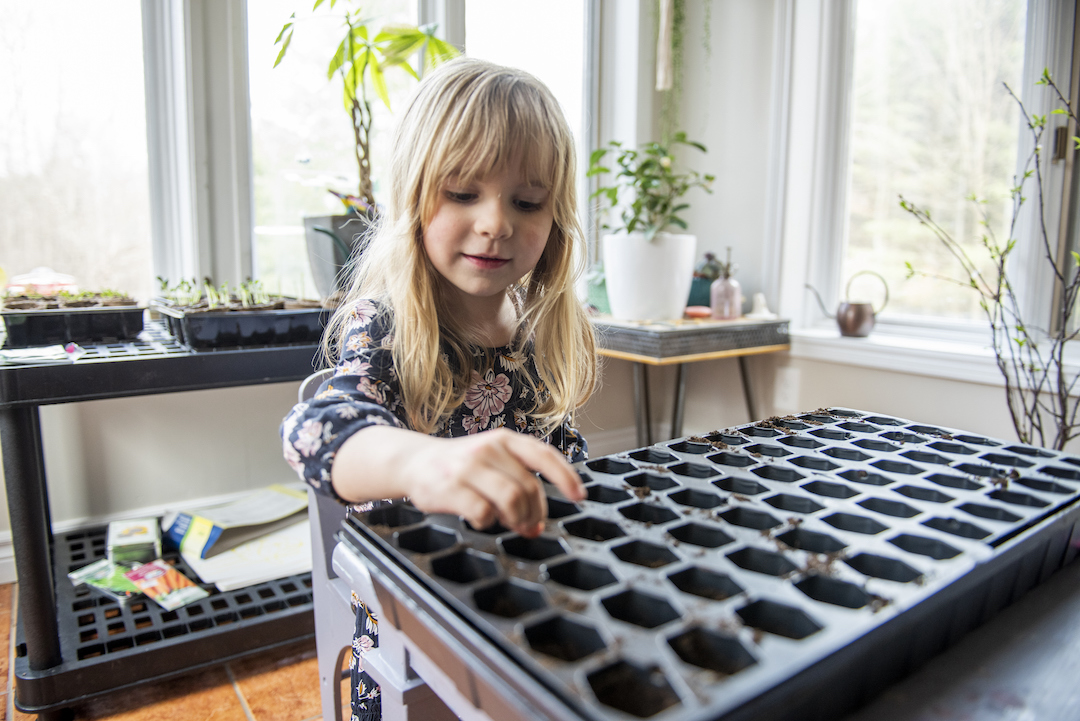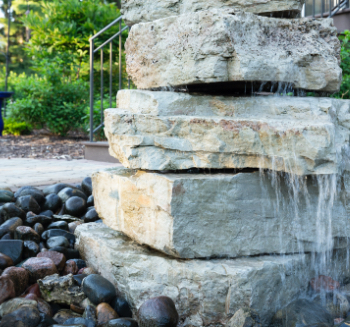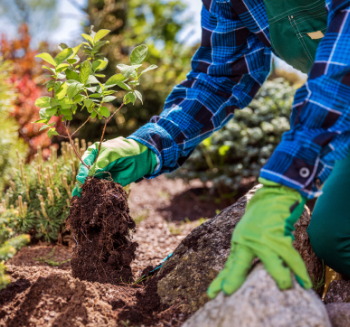Creating Your Indoor Seed Starting Schedule: A Complete Guide

As the winter chill lingers, gardeners eagerly anticipate the arrival of spring and the opportunity to bring their gardens to life. Starting seeds indoors is not only a practical way to jumpstart your garden but also an engaging activity for the whole family. We're here to guide you through the process, from selecting the perfect seeds to nurturing them into thriving plants.
Why Start Seeds Indoors?
Starting seeds indoors offers several advantages, allowing you to extend the growing season, choose from a wider variety of plants, and gain greater control over the germination process. Plus, it's a cost-effective way to fill your garden with vibrant blooms and delicious produce.
When to Plant Seeds Indoors
Understanding the optimal timing for starting seeds indoors is crucial for success. Since each annual flower, fruit and vegetable type has different needs and requires specific planting times, this guide will include the optimal months to start planting popular varieties of flowers, fruits and vegetables, including tips for the best seed starting outcome.
February: Seed Starting Setup & Early Seeding

In February, nurseries begin stocking up on seeds and supplies, making it the perfect time to start planning your indoor seed starting setup. Ensure you have all the essentials, including:
- Your desired seeds
- Peat pots
- Misters
- Grow lights
- Heating mats
March: Mid-to-Late Seeding for Flowers and Vegetables
By mid-to-late March, it's the optimal time to start seeding a variety of annual flowers and vegetables indoors. Consider plants like:
- Pansies
- Violas
- Leeks
- Onions
- Dahlias
- Petunias
- Cabbage
- Broccoli
- Peppers
- Eggplant
These seeds will benefit from the extended growing season indoors and be ready for transplanting when the weather warms.
April: Final Indoor Seeding for Summer Favorites
April is your last chance to start seeds indoors before transitioning your focus to outdoor planting. In April you can seed:
- Marigolds
- Zinnias
- Tomatoes
- Lettuce
- Squash
- Cucumbers
- Melon varieties (Tip: muskmelons are the easiest melon type to grow from seed for beginners!)
Seeding these types of flowers and foods indoors ensures you have robust plants ready to thrive in your outdoor garden.
May: Hardening Off and Outdoor Transition
As May arrives, it's time to prepare your seedlings for life outdoors. Gradually expose them to outdoor conditions through a process called hardening off. This helps acclimate the plants to their new environment and reduces transplant shock.
How Do You Harden Off Plants?
This involves placing your seedlings outdoors for gradually increasing periods each day, starting with just a few hours of exposure to sunlight and wind. Over the course of one to two weeks, gradually extend the time they spend outdoors until they are acclimated to the full day's conditions. This process helps acclimate the plants to their new environment and reduces transplant shock, ensuring they thrive when finally planted in the garden.
Planting Flowers from Seeds

To plant flowers from seeds, prepare loose, well-draining soil in your garden bed or containers. Sow the seeds according to the instructions on the seed packet for planting depth, then cover and water the seeds. Keep the soil moist until germination, which usually takes one to two weeks. Thin out seedlings as they grow, and harden them off before transplanting into the garden for optimal growth.
FAQs: Answering Your Seed Starting Questions
- How deep should a seed be planted?
Generally, seeds should be planted at a depth equal to two to three times their diameter. Refer to the seed packet for specific instructions.
- Can I replant seeds that did not germinate?
Yes, you can replant seeds that did not germinate, but it's essential to determine the reason for poor germination and address any issues with your seed starting setup.
- How long does it take seeds to grow?
The germination time varies depending on the plant species and environmental conditions. Most seeds will germinate within one to two weeks, but some may take longer.
- What are the easiest seeds to grow?
Some of the easiest seeds to grow indoors include lettuce, radishes, herbs like basil and parsley, and flowers like marigolds and zinnias.
- What is the best soil to start seeds in?
A high-quality seed starting mix or a blend of peat moss, vermiculite, and perlite provides excellent aeration and moisture retention for seedlings.
Design Your Dream Garden with Dundee
At Dundee, we're your partners in creating the garden sanctuary you've always envisioned. If you need assistance with designing your dream landscape or garden space, our team of experts is ready to help. Contact us today to schedule a consultation and let us bring your vision to life.
Together, let's cultivate a thriving garden that reflects your unique style and enhances the beauty of your outdoor space.



